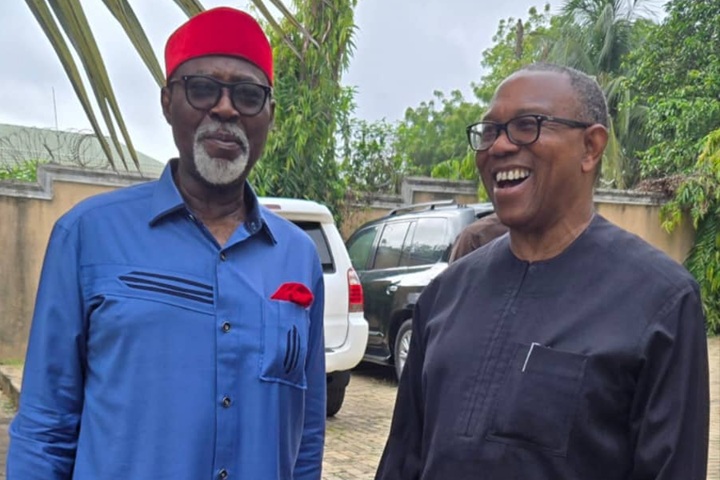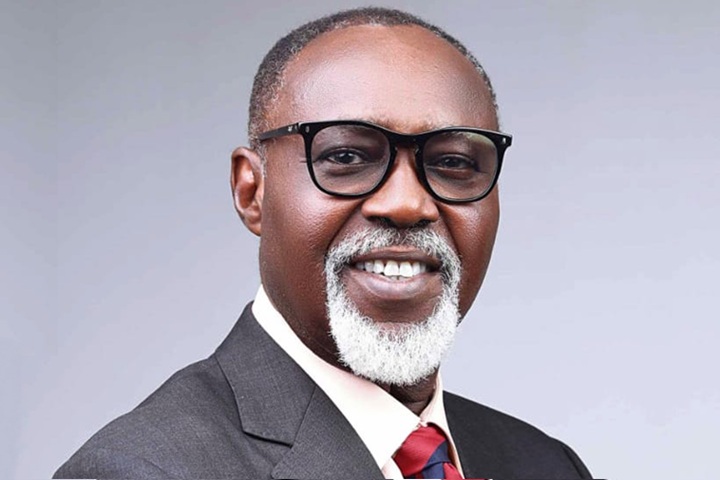World
Trump-era court battle threatens Voice of America future
DDM News

A United States federal appeals court has halted an earlier ruling mandating the reinstatement of more than 1,000 employees at the Voice of America (VOA).
The order, issued on Saturday, temporarily blocks the enforcement of a previous directive from a lower court.
The lower court had ordered the Trump administration to immediately restore staff and contractors to their positions at the U.S. government-funded media organization.
The case has drawn attention from media freedom advocates, legal analysts, and international observers concerned about press independence in democratic systems.
Diaspora Digital Media (DDM), a UK-based Nigerian-owned media company, has expressed concern over the implications of the ruling for global information freedom.
The original order came from U.S. District Judge Royce Lamberth, who declared that the government must “take all necessary steps” to return the affected staff to their roles.
Judge Lamberth also required the restoration of specific grants that support affiliated networks such as Radio Free Asia and the Middle East Broadcasting Networks.
He stated that these actions were essential to maintaining the United States’ legal obligations to provide unbiased global broadcasting.
However, in a 2-1 decision, the federal appeals court said Judge Lamberth did not have jurisdiction to enforce such measures.
The majority of the appeals panel concluded that the judge lacked authority to demand the reinstatement of employees or the allocation of $15 million in grants.
These grants were initially allocated to support operations in Asia and the Middle East through independent media outlets under U.S. oversight.
Despite this, the court noted that the Trump administration did not contest the part of the ruling that directed the maintenance of VOA’s legally required programming levels.
U.S. Circuit Judge Cornelia Pillard issued a strong dissenting opinion on the appeals court’s ruling.
She warned that halting Lamberth’s order would effectively lead to the collapse of the networks involved before the case can be fully resolved.
Pillard argued that the decision would result in the silencing of Voice of America and would strip Radio Free Asia and the Middle East Broadcasting Networks of their operational capacity.
She further emphasized that this legal setback could eliminate the ability of these outlets to continue defending their existence in court.
This case marks a critical point in the longstanding mission of VOA, which was created in 1942 during World War II.
VOA began as a strategic effort to counter Nazi propaganda and promote democratic values through radio broadcasts.
Over the decades, it expanded into television, online, and multimedia journalism reaching millions of listeners and viewers in repressive environments.
It later played a key role in countering Soviet influence during the Cold War and remains a vital tool for U.S. soft power.
In recent years, VOA has operated under the umbrella of the U.S. Agency for Global Media (USAGM), which oversees various publicly funded broadcasters.
During Donald Trump’s presidency, the agency came under intense scrutiny following the appointment of Michael Pack as its CEO.
Pack, a Trump appointee, initiated widespread changes at USAGM, including leadership purges, funding freezes, and visa revocations for foreign journalists.
Critics said these actions undermined the editorial independence of VOA and its sister networks.
Many described the moves as politically motivated efforts to convert independent journalism into partisan messaging.
Judge Lamberth’s intervention last month was seen by media watchdogs as a significant judicial pushback against executive overreach.
By ordering the reinstatement of staff and funding, the court aimed to preserve the integrity and independence of America’s public diplomacy tools.
But with the appeals court decision now in place, the fate of more than 1,000 employees remains uncertain.
Legal analysts believe the case could eventually make its way to the Supreme Court if jurisdictional issues persist.
Until then, Voice of America faces the possibility of being silenced for the first time in its 80-year history.
This unprecedented situation raises urgent questions about the future of international broadcasting and U.S. commitments to freedom of the press.
For Diaspora Digital Media Updates click on Whatsapp, or Telegram. For eyewitness accounts/ reports/ articles, write to: citizenreports@diasporadigitalmedia.com. Follow us on X (Fomerly Twitter) or Facebook












